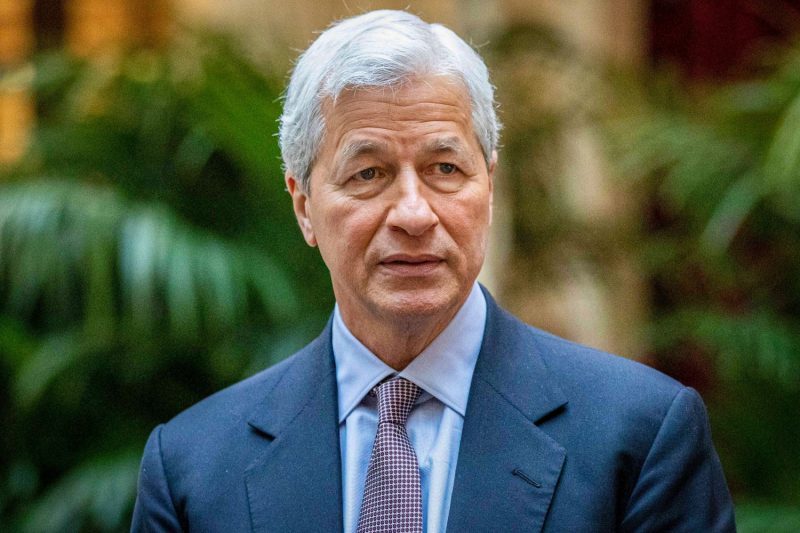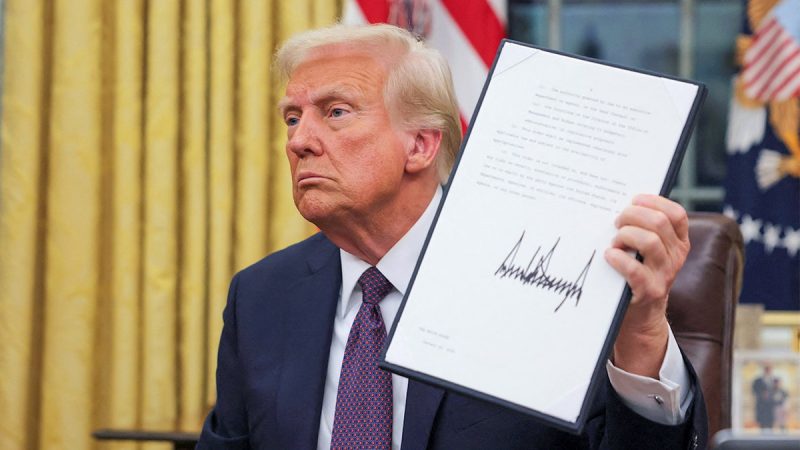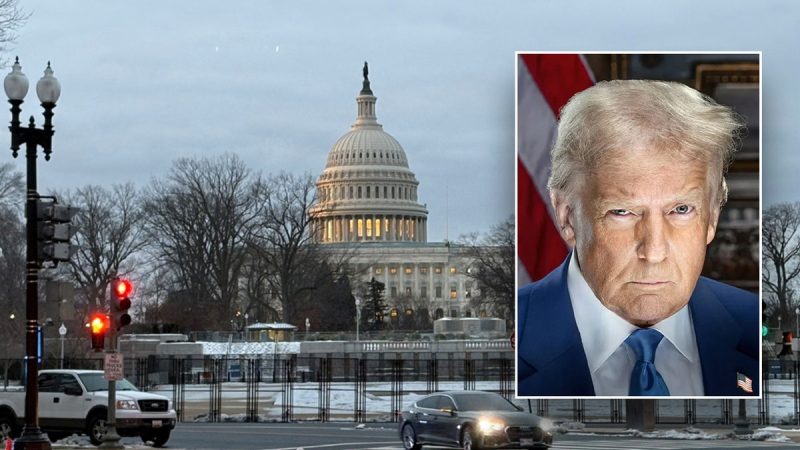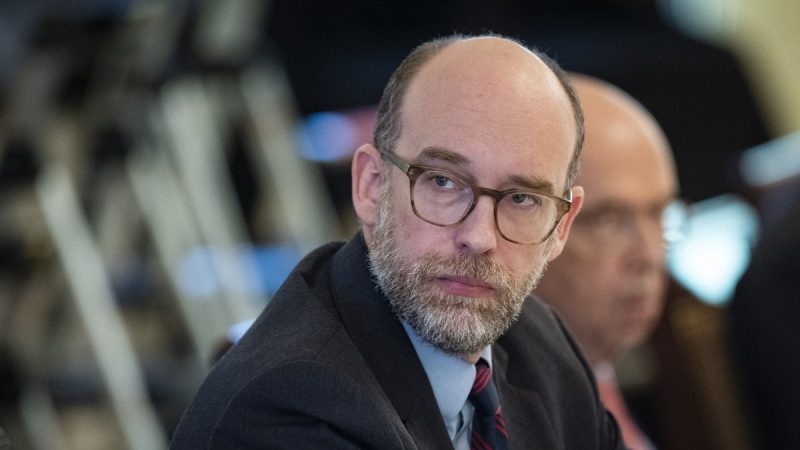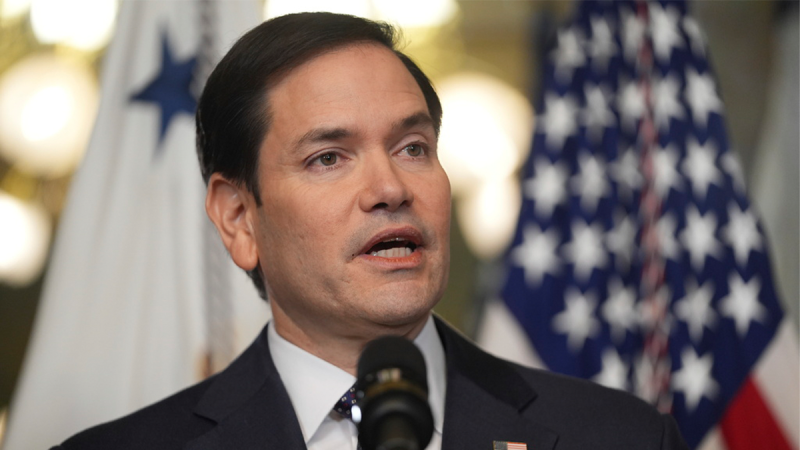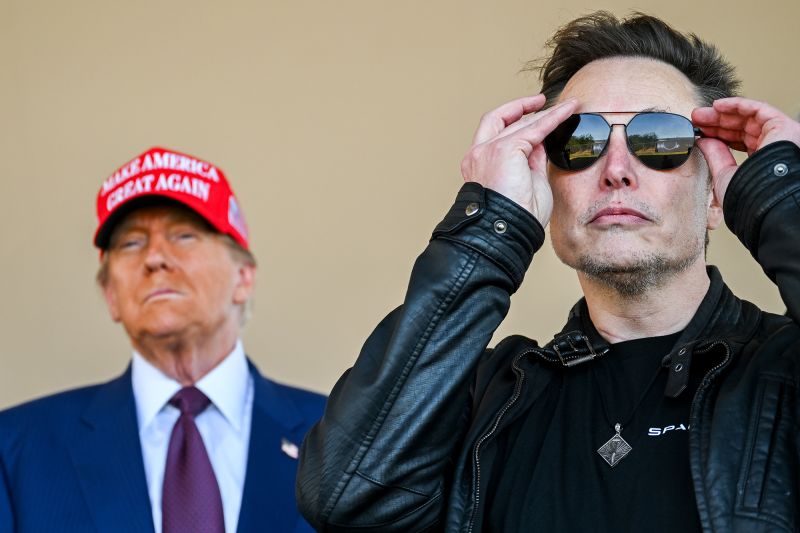
“I would prefer to stay out of politics,” Elon Musk told his followers in 2021, on the platform then known as Twitter. Plenty has changed since then.
Musk now owns the social media giant, renamed X and repurposed as his personal soapbox. He has welcomed back far-right agitators banned under previous ownership. Musk spent a quarter-billion dollars to help reelect Donald Trump as United States president, and stood a few feet away as Trump took the oath of office on Monday.
Now, with that task complete, the world’s richest man appears to have a new goal: upend Europe, one government at a time.
The mogul has cast himself as kingmaker in the populist wave that is submerging multiple centrist European leaders. “From MAGA to MEGA: Make Europe Great Again!” he posted on Saturday, reveling in the unease he is bringing to the continent.
Several European Union leaders have accused him of interfering in their affairs and promoting dangerous figures; Musk has waged a brutal and personal online campaign against Britain’s government, rallied for a far-right activist there to be released from prison, and endorsed a far-right party in Germany with a staunchly nationalist platform and a string of scandals relating to some of its members’ views on the Nazi era.
At the same time, a torrent of misinformation on Musk’s platform – plenty of it born from anger over high levels of migration – has unnerved Europe’s governments. Some in Britain blame it for contributing to a wave of far-right riots last summer.
But X’s reach, Musk’s extreme wealth and his role as an efficiency adviser to Trump make him a difficult problem to deal with. Political figures in Europe are grappling with two questions: Why does Musk care about us, and what can we do about it?
Neither is easy to answer. “The Europeans are stuck,” said Bill Echikson, senior fellow in tech policy at the Center for European Policy Analysis (CEPA) think tank, and a former European communications head for Google.
Leaders on the continent “certainly are worried,” he said. “They certainly blame disinformation and trolling and automated bots for causing problems with European elections and fostering the rise of their extremes.
“(But) they don’t have any plan. They don’t really know how to respond yet.”
Musk’s politics have evolved at supersonic speed since the SpaceX and Tesla mogul conducted a hostile takeover of Twitter in 2022. “For Twitter to deserve public trust, it must be politically neutral,” he insisted then. He described politics as a “sadness generator” and wrote: “Politics is war and truth is the first casualty.”
Today, Musk is on the front lines. The platform’s owner enjoys levels of disruptive influence around the world that few unelected figures have ever held, without facing the scrutiny of voters. He hails and shares the views of radical figures, and has backed fiercely anti-establishment populists around Europe. It’s not yet clear how much sway he will have on Trump’s foreign policy – and that’s precisely why, for now, European governments are so uncertain about how to tackle his interventions.
But his comments chime with a wider, interventionist tone towards Europe coming from the new administration, and could set up Musk for a role as an interlocutor. Trump and Musk have already forged close ties with figures whose politics at least partially overlap, like Italian Prime Minister Giorgia Meloni, an immigration hardliner who attended the inauguration in a break with precedent.
Some of those who have previously advanced Trump’s interests in Europe now see Musk as an unfettered, even less polished version of the president; an agitator whose style and ambition has come to mirror Trump’s. As with Trump, opinion polls suggest Musk is unpopular across Europe.
“It’s interesting to see the similarities between he and (Trump); their ability to try to drive public opinion, especially, unfortunately by disseminating disinformation. Creating a lot of chaos, being disruptors,” Nelson said.
That chaos intensified after Musk made a gesture with his right arm on stage during a post-inauguration rally, which to some in Europe bore uncomfortable similarities to the Nazi or Roman salute used by fascist leaders in Germany and Italy. Musk has presented the reaction as a misinterpretation, writing on X that “the ‘everyone is Hitler’ attack is sooo tired.”
Italian and German outlets heavily covered the backlash, with Italian daily Corriere Della Sera dubbing it a “RoMusk salute,” and German chancellor Olaf Scholz – a frequent target of Musk’s barbs – telling a panel at the World Economic Forum in Davos, Switzerland: “Everyone is free to express their opinion in Germany and Europe, including billionaires… but we do not accept support for far-right positions.” Musk responded on X: “Shame on Oaf Schitz!”
There is disagreement about why, exactly, Musk is targeting Europe.
It could be personal. “When Elon took over Twitter there was a concerted effort to shame companies out of advertising on his platform, to alienate him, to cancel him,” said Trevor Traina, Trump’s previous ambassador to Austria, where a far-right party is on the cusp of power. “So Elon has had a taste of the same bitter medicine that Donald Trump and others have been force-fed, and I think what we see today is his response.”
Or it could be financial; a more time-tested story that pits the innovator against the regulators. “I think his purpose is always thinking about his own business interests,” Nelson said.
Musk has railed against red tape surrounding the tech sector in Europe; he runs a huge Tesla factory in Germany, a country where he has focused much attention, and is planning a contentious expansion of that site.
When it comes to Europe’s politics, Musk has his favorites. He writes often about Reform UK, the populist British party, and Germany’s far-right Alternative for Germany (AfD). But he doesn’t post about Marine Le Pen, the French antagonist to Emmanuel Macron’s government, nor does he seem interested in Austria.
British and German politics are supple terrain; the mainstream parties in both countries are uniquely unpopular, tainted either by inflation-struck or scandal-ridden stints in power, or viewed by much of the public as unimaginative, unambitious or technocratic. Germany will hold an election next month in which the AfD could place second. Just last year, the AfD became the first far-right party to win a state election in Germany since the Nazi era.
And they have something else in common: Each country has failed to adequately grapple with public anger over immigration, which is threatening to become the continent’s defining political dynamic.
Still, Musk will need to build lasting alliances to have serious influence. He has already publicly fallen out with Nigel Farage, the Reform leader, who refused to back his support for jailed far-right figurehead Tommy Robinson. Reform is still hoping for a massive financial donation from Musk, but the feud has dampened the party’s optimism.
He will also face regulatory landmines. A fine, possibly reaching 6% of X’s global annual turnover, is looming once the EU completes an investigation into whether X broke rules put in place by the sweeping Digital Services Act, which regulates how the tech industry handles misinformation and illegal content on social media, as well as illegal goods and services on online marketplaces.
In Britain, Musk has been asked to testify to the parliamentary Science, Innovation and Technology Committee about his company’s algorithm, after it was blamed for promoting misinformation about a tragic stabbing of children last summer that resulted in rioters clashing with police and setting hotels housing asylum seekers on fire.
For now, Musk’s proximity to Trump might shield him from such scrutiny. “I don’t expect (Europe) to do too much; they don’t want to ignite a war with Donald Trump,” Echikson said.
But the more entangled the tech mogul becomes in Europe’s affairs, the more strained that approach becomes. “If he is, as it looks like he is, entering politics,” Onwurah said, “then as part of that, you have to listen as well as talk.”
This post appeared first on cnn.com








